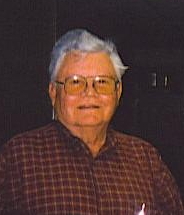

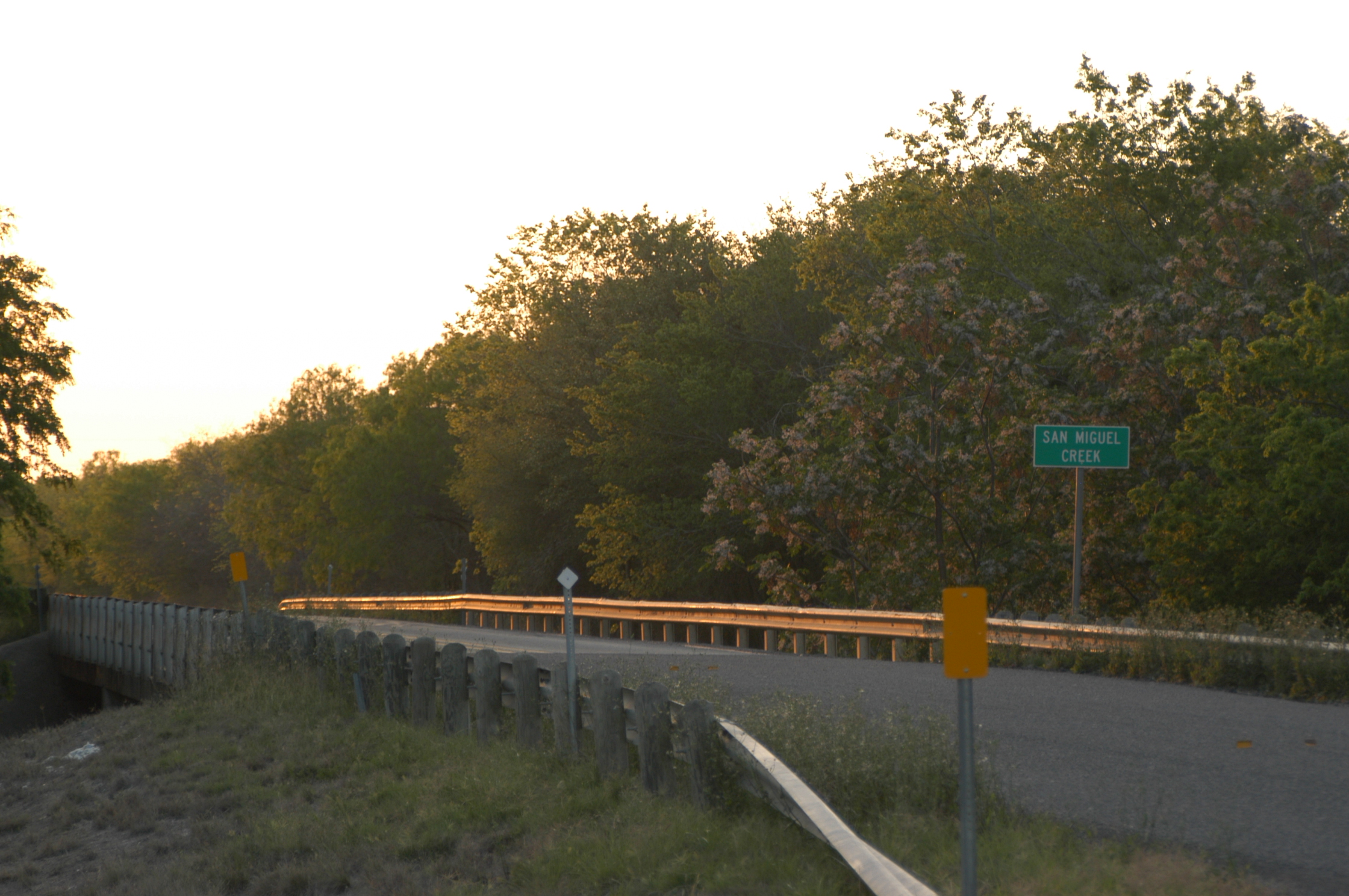
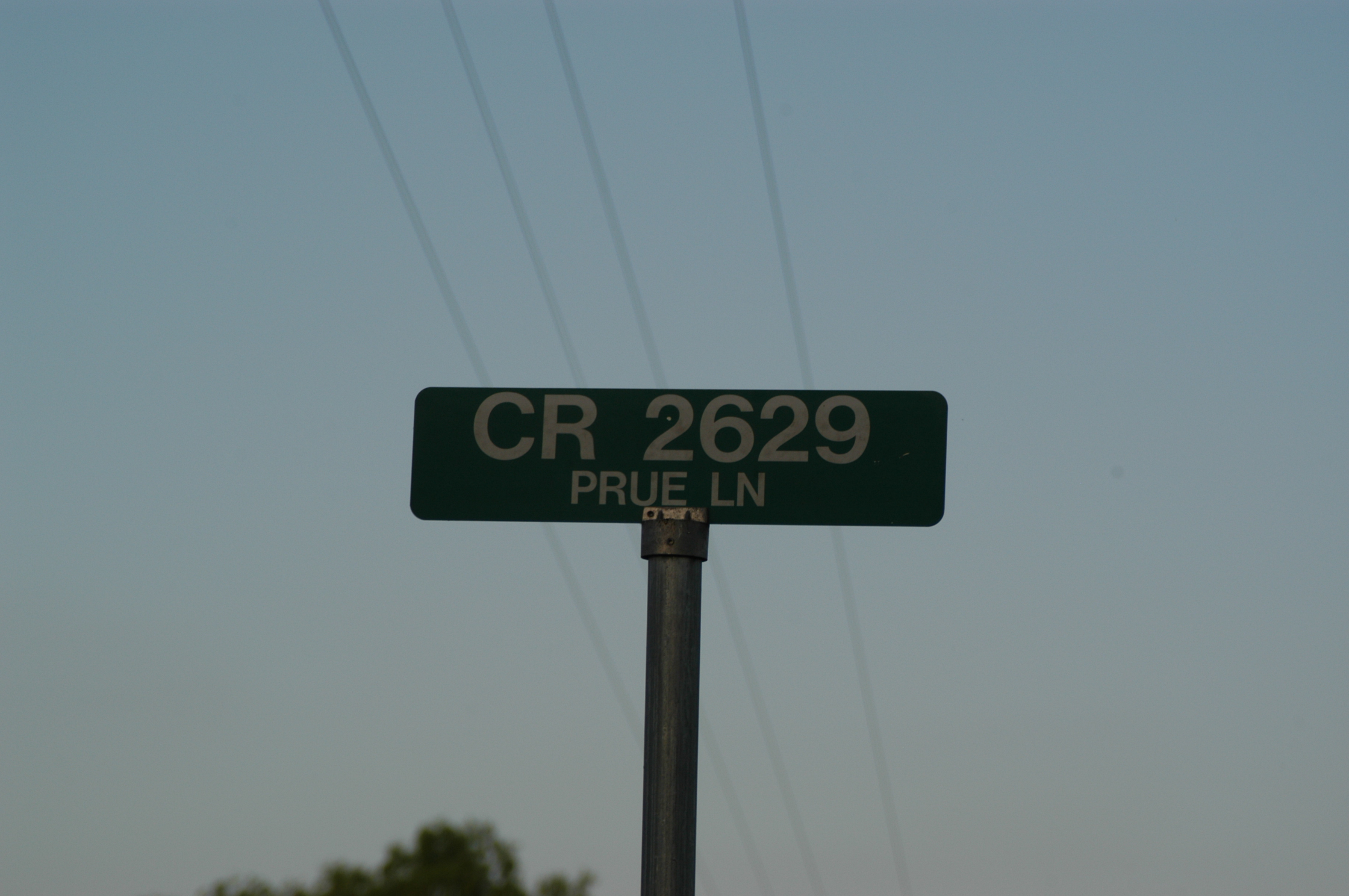
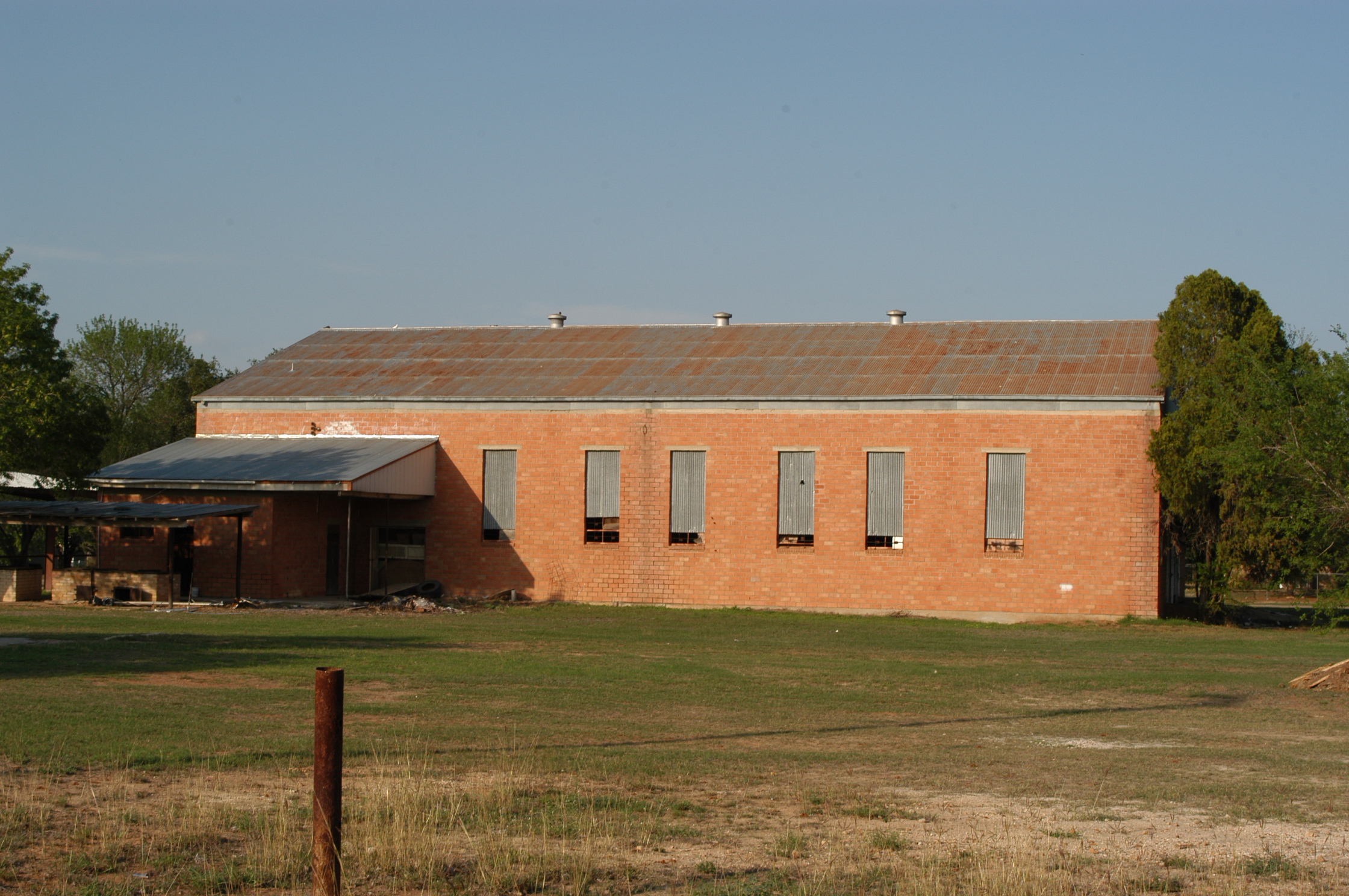
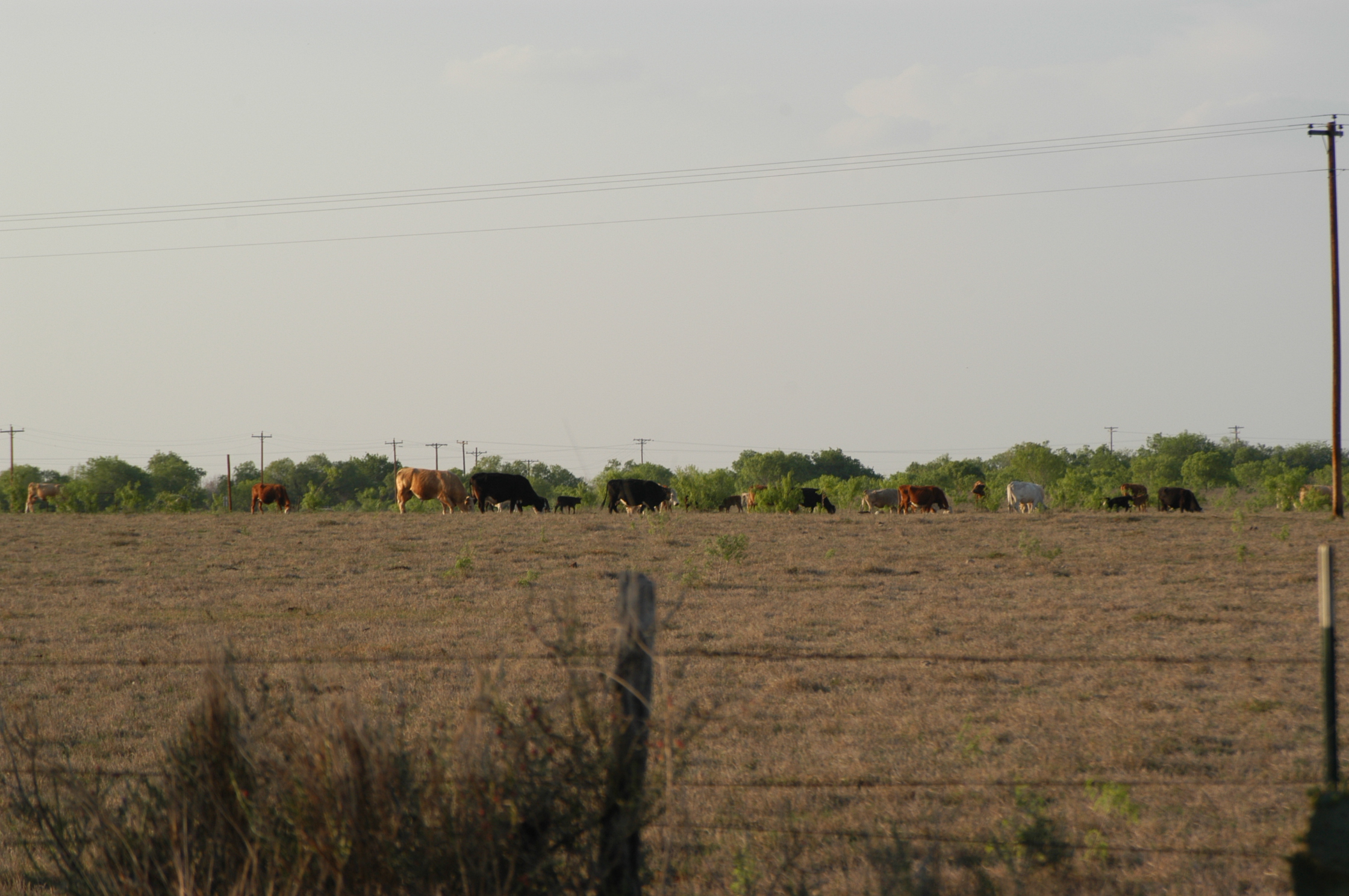
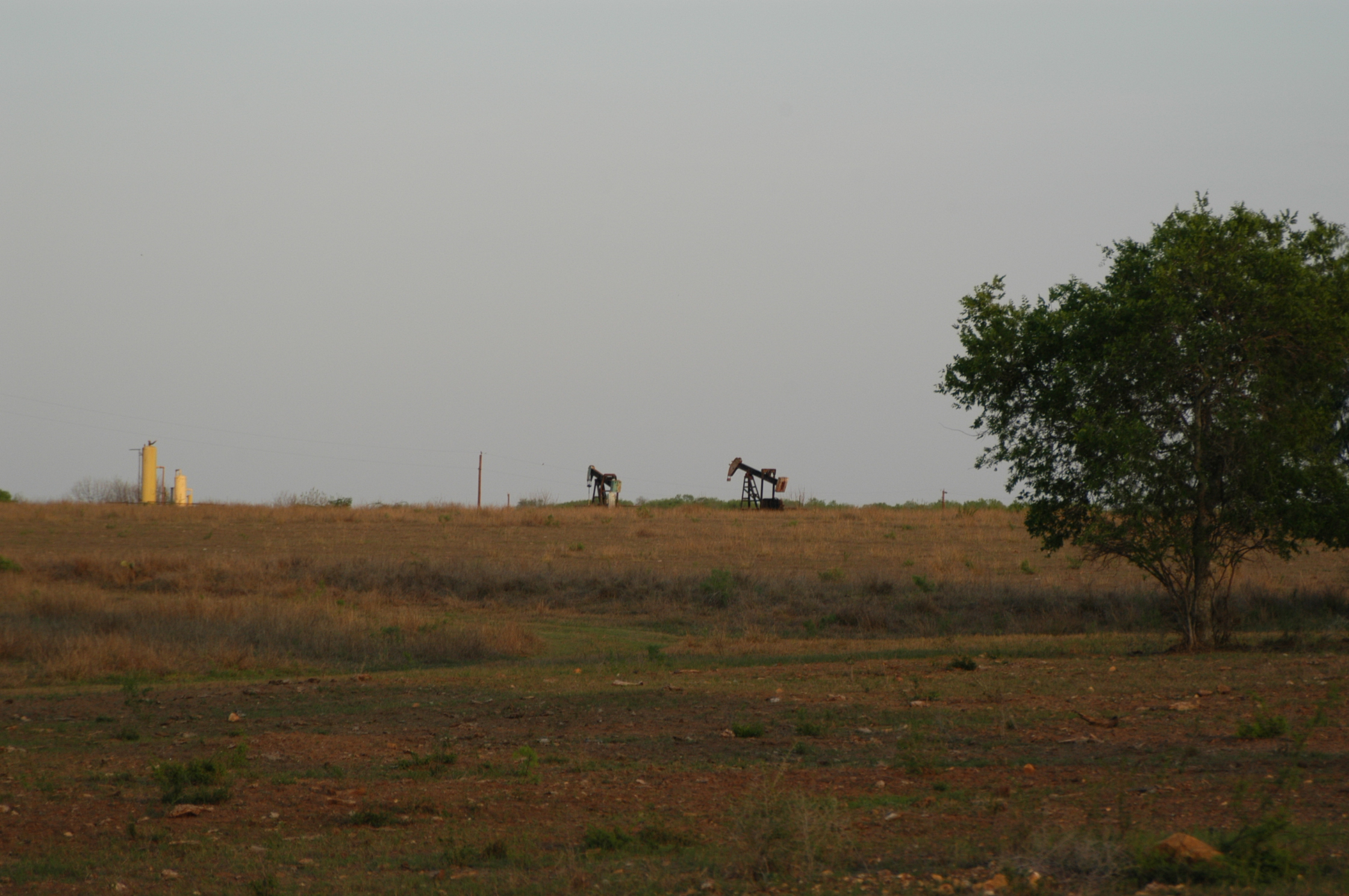
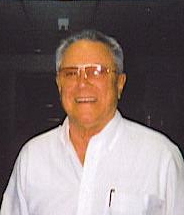
When Richard started school the schools in Moore were segregated. There was a white school and a Mexican school. This was the same in many of the small towns in the area. Richard really didnít have much to say about the school situation, and the schools were combined while he was still attending.
Richardís family owned the only grocery store in Moore for four generations, starting with his grandfather Francisco Muzquiz, his father Pete Muzquiz, Richard himself, and then his son. The family business which had become a Diamond Shamrock was sold in 1996.
Richard wasnít old enough to remember the Depression, knows that before the depression Moore had a mercantile store and a bank, but both folded. The Depression wasnít the only reason for this. The other cause was the boll weevils. They attacked the main crop of the time, which was cotton. When this happened it was kind of a turning point for Mooreís future. This event caused Mooreís growth to come to a halt, and the town has never really recovered.
Richard did tell one comical story about a woman that was a little outspoken in the town when he was a child. "I canít recall the ladyís name, but she was an older lady. Anyhow one day she was at her house and another lady noticed that she had six hens and six rosters. The visiting lady decided to be a little sarcastic and ask why on earth she had six hens and six rosters in the coop. The lady responded by saying, 'I donít want my hens ending up like all the old hens around here.' The visitor had nothing more to say. I had to include that story because I thought it gave a reflection of a small town, and how every body has to know everybody elseís business."
Another story that Richard told was how his grandfather would go up and down the highway during the time it was being constructed and sell lunch items and drinks to the workers to supplement his income. According to both Richard and Jim Francisco, Richardís grandfather, was a great entrepreneur, always buying things then trying to sell them. The way Richard put it he would go to one farm, buy something then go to the next and sell it. Currently Richard is the County Commissioner for the district in which Moore is located.
| Anthony Bollman | U.S. History |
| Kimberly Crouch | R. Hines, Instructor |